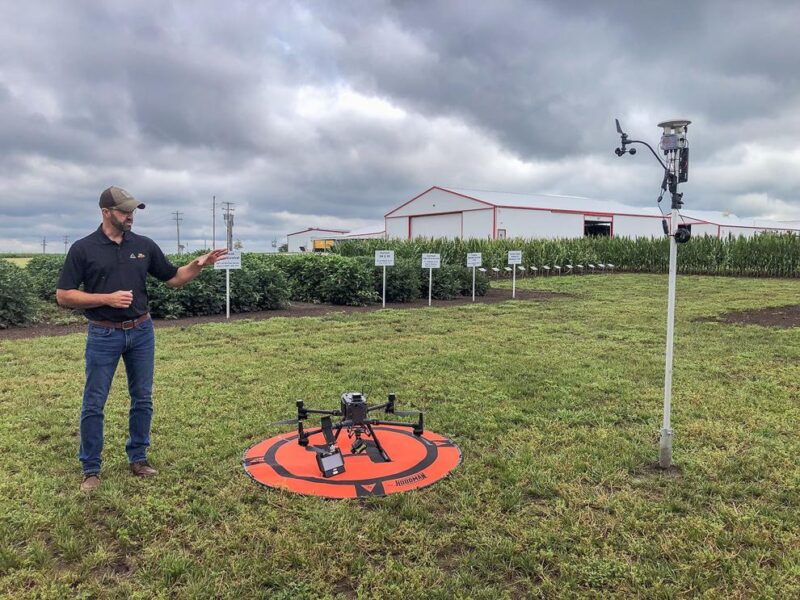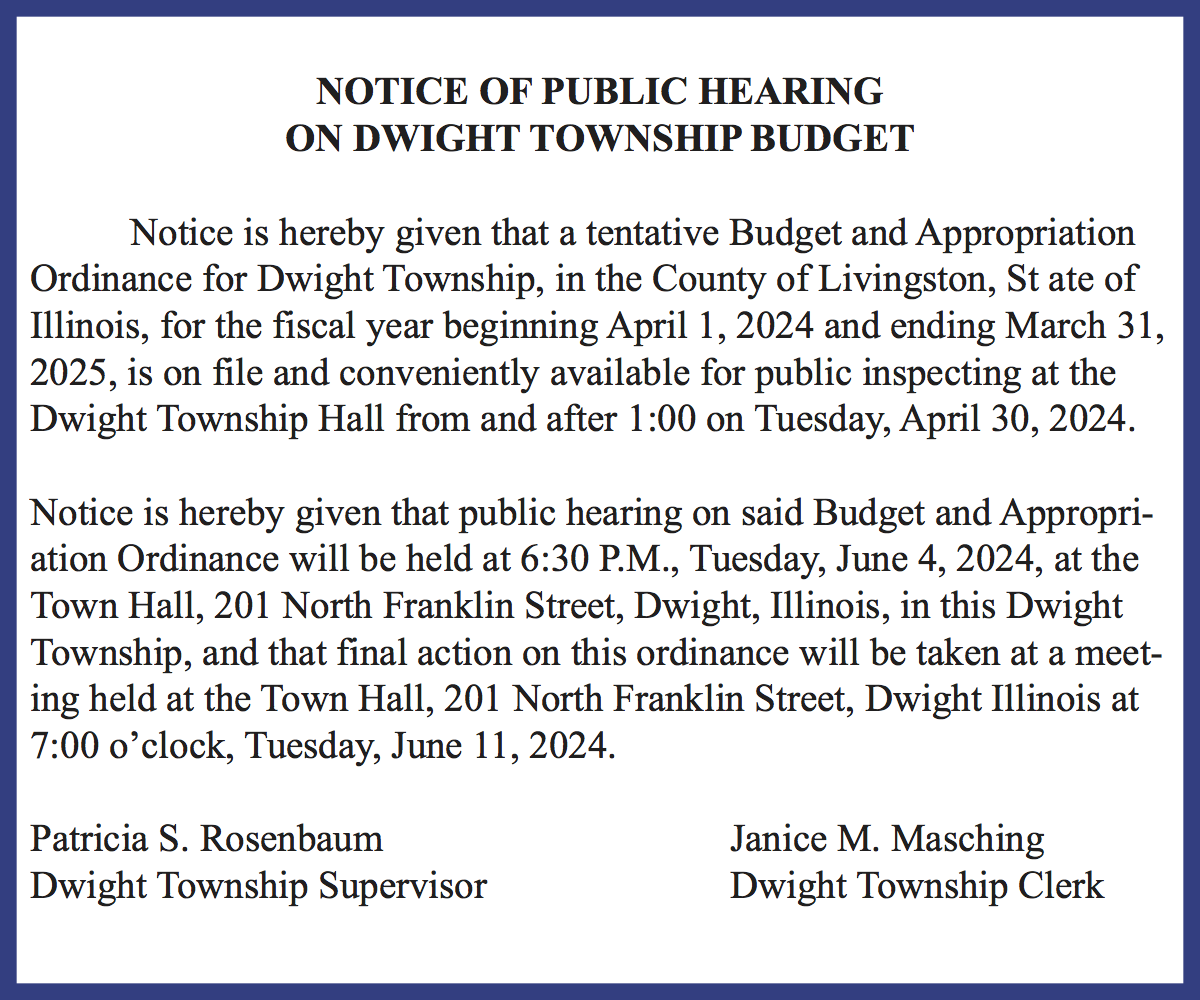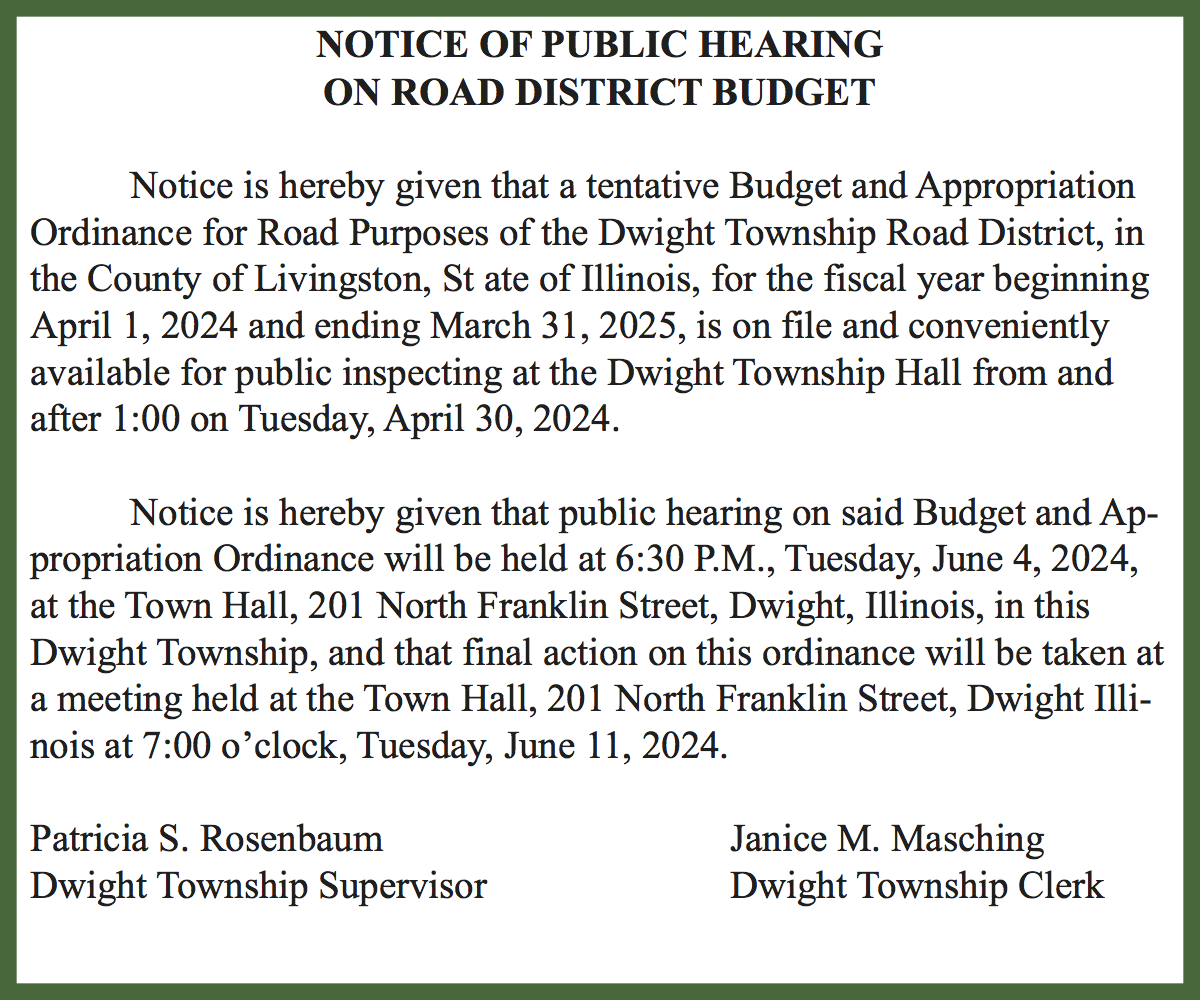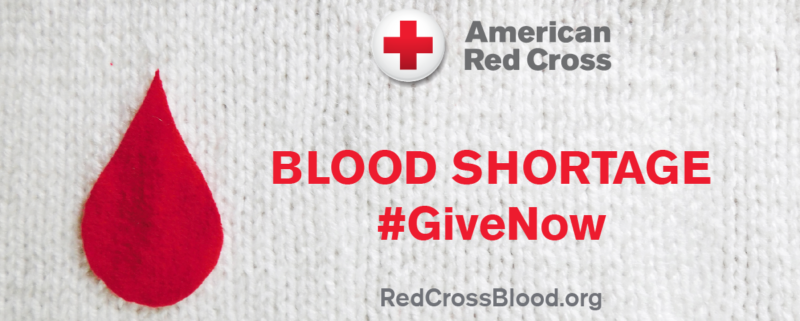Accelerated plant breeding yields results
By DANIEL GRANT

FarmWeek
Finding the best genetic characteristics of a crop one season at a time through traditional plant breeding was like finding, “a needle in a haystack,” according to Michael Kovach, head of North American hybrid product development for Bayer.
But with technological developments that make precision breeding now possible along with the use of greenhouses to create multiple crop seasons in a single year, researchers can accelerate plant breeding to deliver more benefits to farmers and consumers.
**Editor’s Note: If you find the story above of value, consider clicking one of the Google ads embedded in the story. It costs you nothing but Google will give the website owner a few cents.
“We’re leveraging multiple sources of data to improve the precision of our (variety) selection approaches,” Kovach said at a recent DEKALB/Asgrow media field day in Jerseyville.
“We can do multiple cycles per year in greenhouses. It allows us to go 15 times faster with breeding cycles than in the past.”
Bayer plant researchers also utilize seed chipping and genotyping to test every seed before it is planted in research trials. The process involves removing a small chip from each seed and extracting its DNA.
“We can screen millions of individual seeds. Before it germinates, we can tell what the potential will be,” said Maria Monteros, North American varietal breeding lead at Bayer. “The beauty is, you can take only the (seeds) you want to the field. It accelerates breeding.”
Meanwhile, the onset of precision breeding allows researchers to double the rate of product development and match those products to specific growing environments.
Bayer’s precision breeding uses customer data and insights, a vast germplasm library, cutting-edge genomic selection models and artificial intelligence to select and design the seed.
“We have to know what our customers’ needs are,” Kovach said. “We build selection models based on grower needs. Where we test the products needs to match where our customers are.”
Adam Goodey, Bayer regional lead for field testing in Illinois, said unmanned aerial vehicles (UAVs) are used at each crop testing site along with weather stations to greatly enhance data generated from research sites.
**Editor’s Note: If you find the story above of value, consider clicking one of the Google ads embedded in the story. It costs you nothing but Google will give the website owner a few cents.
“We can do early season stand counts and measure plant height (with UAVs),” Goodey said. “We can cover a 10-acre field in 10 to 15 minutes.”
UAVs with high fidelity imaging are so precise the technology can measure traits with a new level of accuracy.
“We can see a disease emerging before it even appears on the leaves. We can take the temperature of the leaves. We can take counts of all the plants in a plot, and for corn, we get a much better understanding of plant height,” Kovach said.
The combination of all the accelerated plant breeding techniques shortens the time it takes to develop a new crop trait from about seven to eight years down to less than five years in the future pipeline, he noted. This does not count the regulatory process.
Bayer invests about $2.6 billion annually for ag research and development. Advancements in crop breeding allow farmers to produce more on less land and with fewer resources, which helps the planet, Monteros said.
It will also help farmers meet the challenge of feeding a growing population in the future, she added.
This story was distributed through a cooperative project between Illinois Farm Bureau and the Illinois Press Association. For more food and farming news, visit FarmWeekNow.com.
**Editor’s Note: If you find the story above of value, consider clicking one of the Google ads embedded in the story. It costs you nothing but Google will give the website owner a few cents.
































